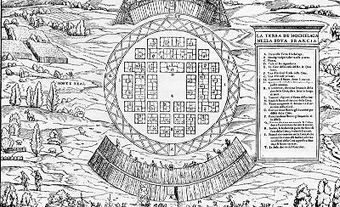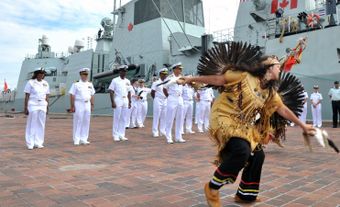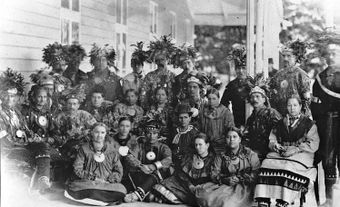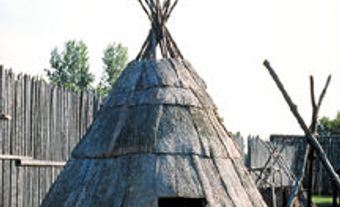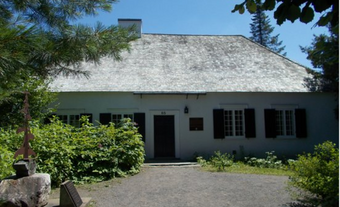Origin of the Term
Early French travellers in the territory occupied by the Huron-Wendat called it le pays des Hurons("the country of the Huron"), and residents were described as being aux Hurons("among the Huron"), or in le pays des Hurons. The Huron-Wendat themselves referred to their country as Wendake.
17th-century maps usually referred to the area as Contrée des Hurons, Pays (or pais) des Hurons, or simply Hurones or Hurons. The earliest reference to “Huronia” seems to be in a Jesuit grammar and vocabulary written by Father Pierre Potier in 1745, referring to the destroyed Huron-Wendat country as Wendake ęhen, translated by him as la défunte huronie (the destroyed Huronia). The term “Huronia” came into common usage during the late 19th century.
Wendake Today
Today, Wendake refers to the area once occupied by the Huron-Wendat during the period of direct French contact. Wendake is a term now applied to the Huron-Wendat reserve near Quebec City, in the former city of Loretteville.
Wendake is also a term used to describe a tourist area comprising the townships of Simcoe County, Ontario, north of Barrie.

 Share on Facebook
Share on Facebook Share on X
Share on X Share by Email
Share by Email Share on Google Classroom
Share on Google Classroom


